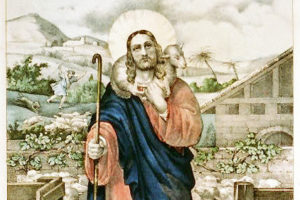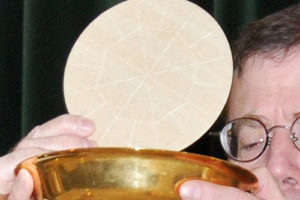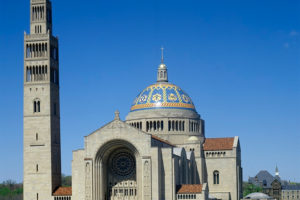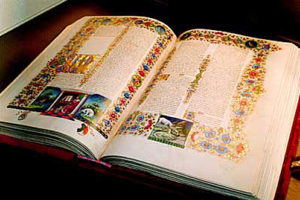CATHOLIC MASS VIDEO: Second Sunday in Ordinary Time 1.20.19 – Heart of the Nation (Wisconsin)
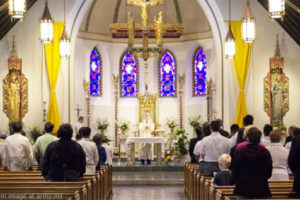
Catholic televised Mass for the Second Sunday in Ordinary Time, Jan. 10, 2019, from Heart of the Nation in Wisconsin. [Click here for Mass Readings] [featured image is file photo from another time and location]
» Read more


